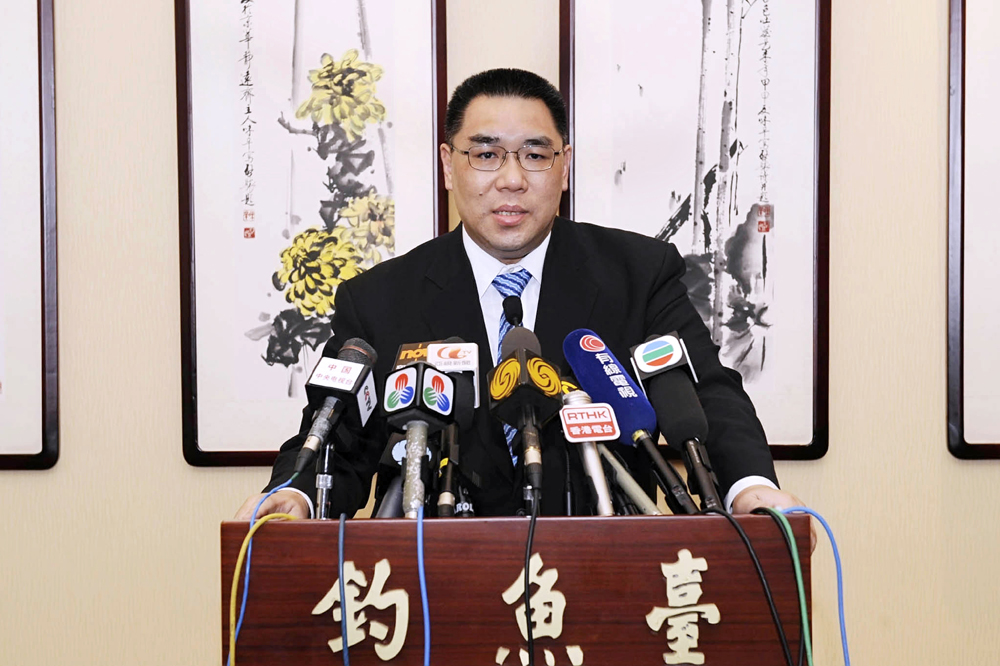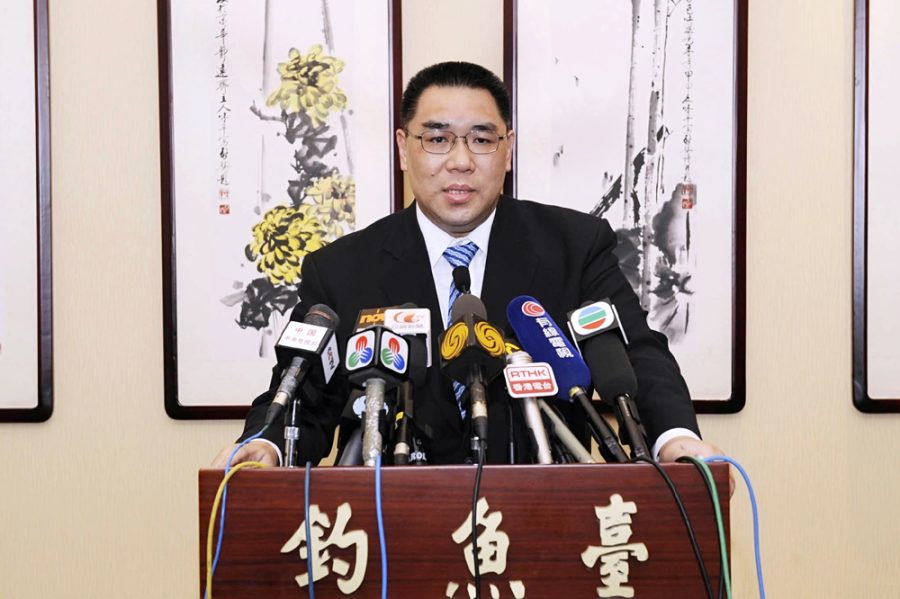Macau, China, 10 Set – Addressing rising discontent, combat rising corruption and introduce measures to support the struggling economy will be some of the main challenges facing the future Macau’s Chief Executive Fernando Chui Sai On, according to the September Economist Intelligence Report Unit (EIU).
The report said that "Chui Sai On’s challenges include responding to rising political and social discontent, and promoting the stability of an economy heavily reliant on just one industry: gambling. Although a likely economic recovery should take some of the pressure off Mr Chui, this alone will not solve the territory’s problems, given popular concerns that the casino boom of recent years has widened income disparities".
"He will need to work hard to restore the government’s image, which has been damaged by corruption scandals and rising popular frustration that the growth of the gaming sector has not benefited society more widely. Salary increases have lagged economic growth and non-gambling sectors of the economy have been marginalised, with small and medium-sized enterprises struggling to compete for resources with the casinos" the EIU report said.
The Macau report also said that "Following his election, Chui Sai On has pledged to diversify the economy and reduce its current over-reliance on the gambling sector and to rid the territory of corruption. He made no mention of taking Macau towards greater democracy, and instead stressed the need to build greater social harmony".
"Although Chui Sai On has vowed to support the diversification of Macau’s economy away from gambling, he did pledge to support the local gambling industry and help it compete with other Asian casino jurisdictions. Macau’s gambling tax rate, at nearly 40 per cent of gross revenue, is among the highest in the world, in contrast to its personal and corporate tax rates. China’s high rollers are showing an increasing inclination and ability to travel to other places in Asia for their casino entertainment. Nevertheless, the Macau government is, for now, unwilling even to consider a reduction in the city’s gambling tax rate".
The EIU consider that " It is expected that the Chinese government will take the occasion of the tenth anniversary of the founding of the Macau SAR and the inauguration of the new Chief Executive on December 20th to grant new or renewed support to Macau, possibly through the relaxation of recently tightened visa restrictions on mainland Chinese wishing to travel to Macau".
"Real GDP is forecast to contract sharply in 2009, amid falling visitor numbers and a slump in new casino investment. The government, which has a healthy fiscal position, will come under pressure to increase spending to support growth. However, what would really help to boost economic growth would be a decision by the Chinese government to abolish its policy of limiting mainland visitors to Macau" also said the report.
The document also said that "Macau has been hit hard by the global financial and economic crisis, and there is growing pressure on the government to do more to help the economy. The credit crunch has led several cash-strapped casino operators to halt work on their multibillion-dollar investments in Macau. Given that investment is unlikely to resume until capital markets improve, pressure is likely to grow on the government to provide a boost to the sector".
"Armed with over 80 billion patacas (US$10bn) in accumulated fiscal reserves at the end of 2008, it will face increasing demands to halt the decline in development by stepping up its investment in public works projects. Indeed, the current break in the spectacular gambling- and tourism-led investment boom could be seen as an opportunity for the government to improve the city’s infrastructure, which has been straining under an increase in visitor arrivals" said the September EIU report.
(MacauNews)






